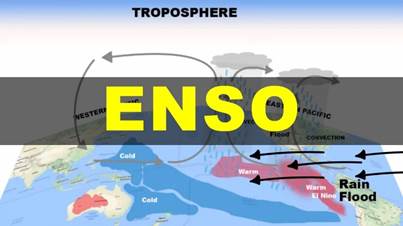





Disclaimer: Copyright infringement not intended
Context
Comprehensive Article on ENSO: https://www.iasgyan.in/daily-current-affairs/enso-39
Findings of new Research
Implications











© 2025 iasgyan. All right reserved